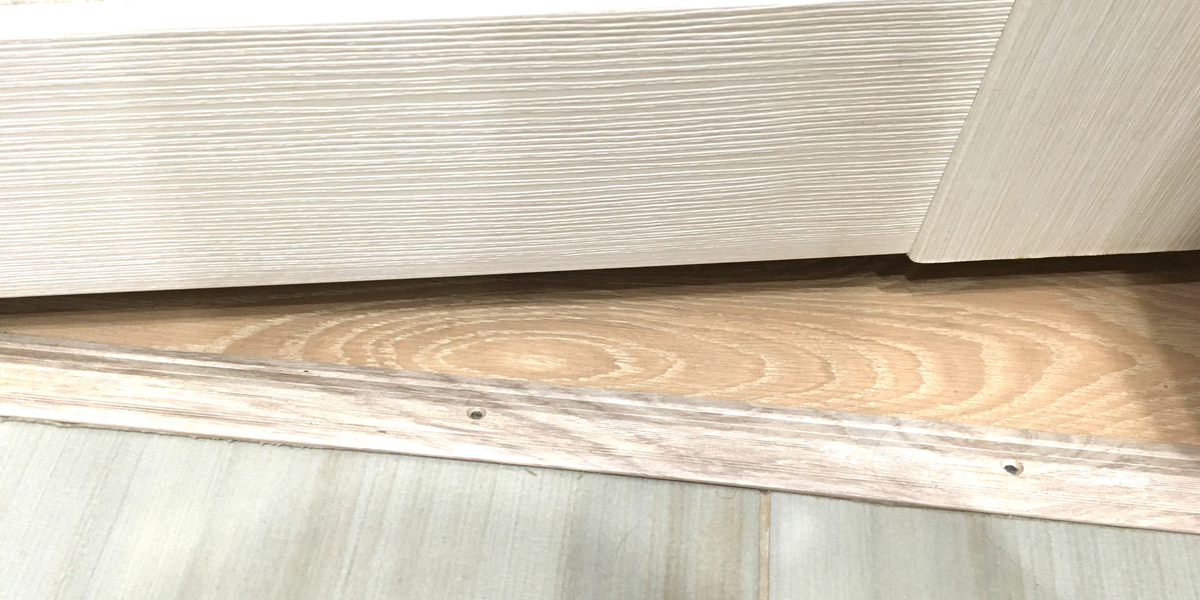
Read updates from clinical trials and scientific research on Huntington’s disease from Day 1 of the 2024 HDF Milton Wexler Biennial Symposium #HDF2024

There’s more good news in the forecast in the Huntington’s disease therapeutic space as we receive positive results from Skyhawk Therapeutics about their small molecule SKY-0515 that lowers huntingtin and targets somatic expansion.

The outcomes of the SELECT-HD clinical trial are out, with encouraging news for this allele-selective huntingtin lowering therapy

PTC Therapeutics shared 12 month data from the PIVOT-HD trial, testing the oral HTT lowering drug PTC-518. While designed to assess safety, they shared encouraging results that the drug showed promising signs for biomarkers and some clinical metrics.

Sage Therapeutics announced results from SURVEYOR, a trial that looked at cognitive changes in people with HD, and tested short-term safety of dalzanemdor. The study was small but met key goals, and additional trials are in progress.

New work from two groups advances tools to model the blood-brain barrier and could improve the way drugs are delivered for brain diseases. This builds on our ability to study, and eventually treat, Huntington’s disease.

In a surprising twist, oral HTT-lowering drugs also slow somatic expansion in the HTT gene. A new study that used cells in a dish for this fortuitous discovery identified the gene PMS1 as a key player in the slowing of CAG expansions.

May 7 is Brain Donation Awareness Day. Today we highlight the selfless donation that many HD families have made, sending our gratitude, sharing research updates made with those precious brains, and detailing resources for brain donation.

A new form of the chorea drug valbenazine (INGREZZA) has been approved by the United States Food and Drug Administration (FDA) for those who have difficulty swallowing pills.

For over a decade HDBuzz has reported unbiased news about Huntington’s disease research and trials. As our beloved Ed and Jeff step back, Rachel, Sarah, and Leora look forward to upholding the HDBuzz mission.

New work from researchers in London uses mice to narrow in on the number of CAG repeats needed to cause symptoms of Huntington’s disease. Their work points to fewer than 185 CAGs as a threshold.